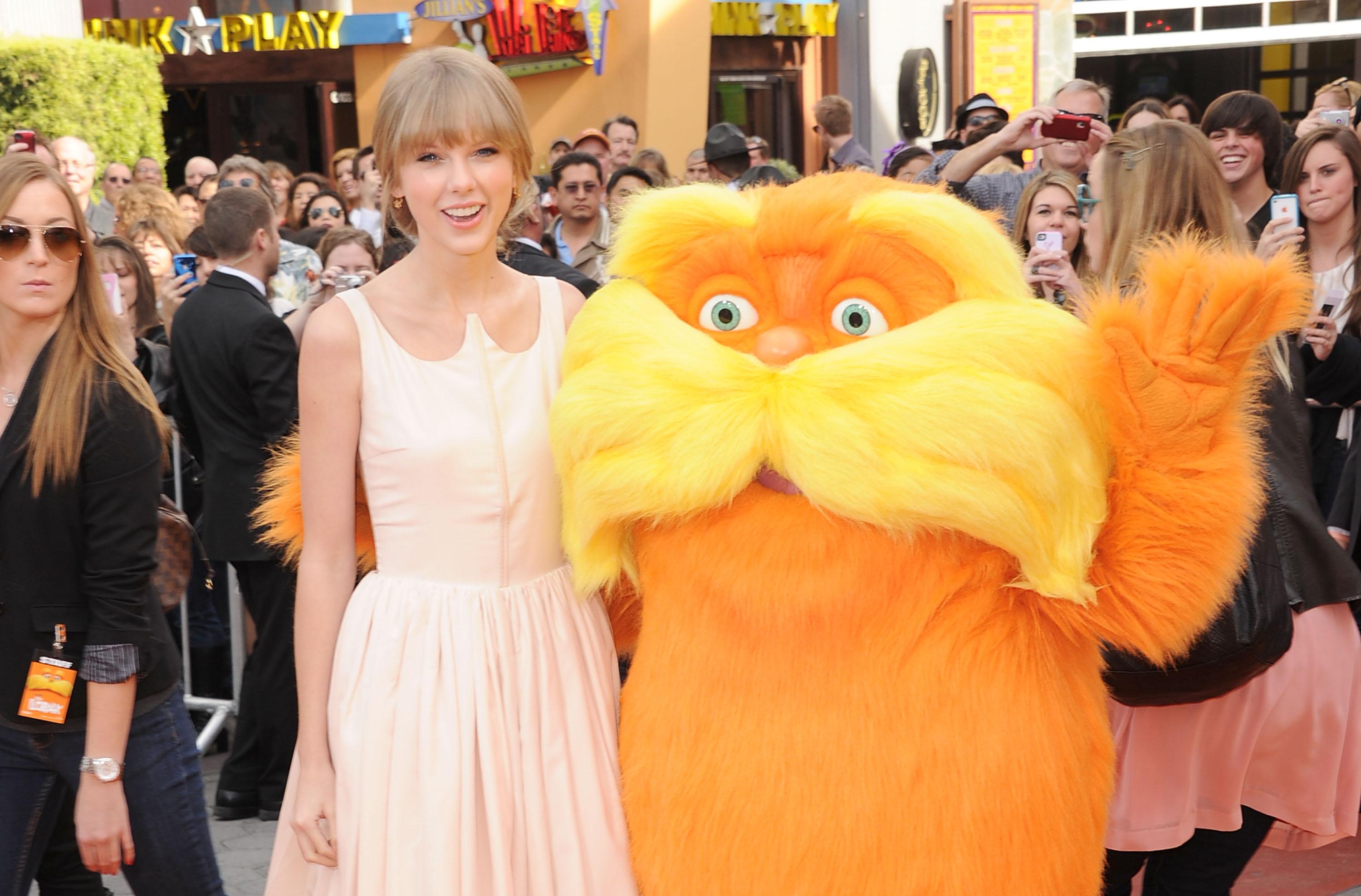“Hollywood is once again trying to indoctrinate our children.” So intones Lou Dobbs in the clip below from his show on the Fox Business Network, flagged by the Observer and other publications. Possibly alluding to the roundly mocked discussion of the Muppets back in December—which prompted Kermit and, especially, Miss Piggy to punch back at Fox News last month—Dobbs then lumps The Secret World of Arietty and The Lorax together as two new films that are “plainly demonizing the so-called 1 percent and espousing the virtue of green energy policies, come what may.”
Dobbs’s attempt to smear The Secret World of Arietty with this brush seems frankly bizarre. The movie, produced in 2010 (well before Occupy Wall Street began) by Hayao Miyazaki’s Studio Ghibli, based in Japan, adapts a British series of books for children, first published in the 1950s, called The Borrowers. In my faint memory, these books—about a family of miniature people who borrow what they need from “human beans”—owe more to the tradition of fairy literature than to socialist ideology. They were written by Mary Norton; according to the Guardian, “Dobbs’s attack appears to mark the first occasion upon which her stories … have been read allegorically as a socialist polemic espousing redistribution of wealth.”
The Lorax, on the other hand, has a more complicated political history. Theodore Geisel, aka Dr. Seuss, wrote the book explicitly as a warning about excessive industrialization. This sparked controversy; as Daniel Horgan wrote in USA Today a few years ago, the book “was banned in a California school district,” and “several timber industry groups underwrote a book called The Truax with a pro-tree-cutting hero.” Truax is a logger, and his antagonist in the book (which you can read online) is Guardbark, an ugly woodland monster and rabid, unreasonable environmentalist.
The Lorax himself can be read as an unreasonable environmentalist: Emma Marris, writing on the book’s 40th anniversary in Nature last year, called the Lorax a “parody of a misanthropic ecologist” and praised Seuss for conveying “the limits of gloom and doom” when it comes to preaching the environmentalist cause. Like Dobbs, Marris expressed uncertainty that it was a good book for children—though for very different reasons.
Dr. Seuss’s book, unlike The Truax, was not underwritten by anyone; his book has a strong political message, but it was his own. With Hollywood’s version, though, things aren’t quite that simple. The movie is “an integral part of a public service campaign with the Forest Service and the Ad Council,” according to the blog of the U.S. Department of Agriculture. (The Forest Service is a part of that department; the Ad Council is a nonprofit.) “The two agencies have worked together since 2009,” the blog says, “on a public service campaign designed to inspire children and their families to unplug and reconnect with nature.”
So wondering about the connection between the government and The Lorax is not an entirely ridiculous thing to do—though Dobbs, of course, makes it look like one. (What this story really needs is Glenn Beck—he could have a field day on that chalkboard of his. Recall that Dr. Seuss once told an interviewer that he was “subversive as hell,” and that The Cat in the Hat was “revolutionary in that it goes as far as Kerensky, and then stops. It doesn’t go quite as far as Lenin.”)
It’s fun to tease Fox News for being so crude in its HUAC-style crusading against such milquetoast fare as The Lorax. But stories for children typically do have messages, and those messages are frequently political. They may even be described as partisan, in so far as today’s Republican Party has staked out positions—such as a general hostility to environmentalism—at odds with those held by many authors of children’s literature. And there’s nothing wrong with this: I’m glad that such authors are teaching kids about the importance of conservationism (once upon a time, a Republican cause, of course), and I’m perfectly happy to see Hollywood bringing those lessons to the big screen. I’m even happy to see a department of the U.S. government seize on the chance to drive such a lesson home and encourage parents to take their kids to the national parks, which are beautiful and which we should, as a nation, invest in.
But as silly and ham-handed as Lou Dobbs may look pointing (some of) this out, that is, in fact, what’s happening here.
When Seuss compared The Cat in the Hat to Kerensky-style leftism, he may have been exaggerating. But when he called The Lorax “propaganda,” he wasn’t wrong. Seuss had once been a political cartoonist, drawing pro-U.S. (and anti-Japanese) editorial cartoons during W.W. II. The man knew how to get a political message across with his drawings. And sometimes, that was precisely his intention.
